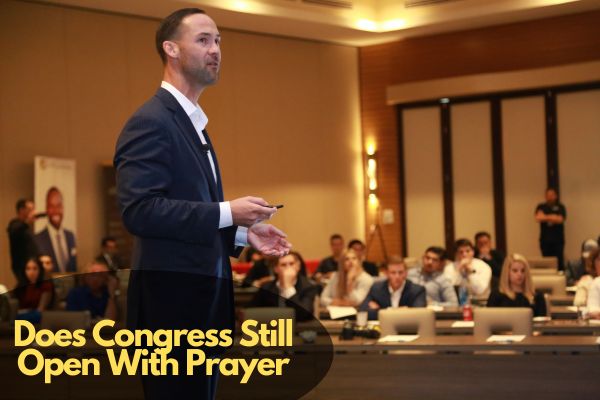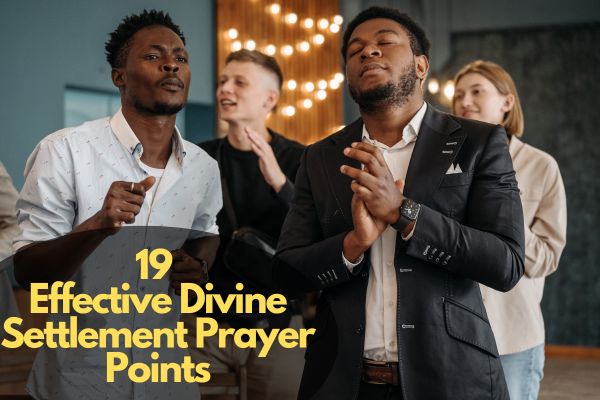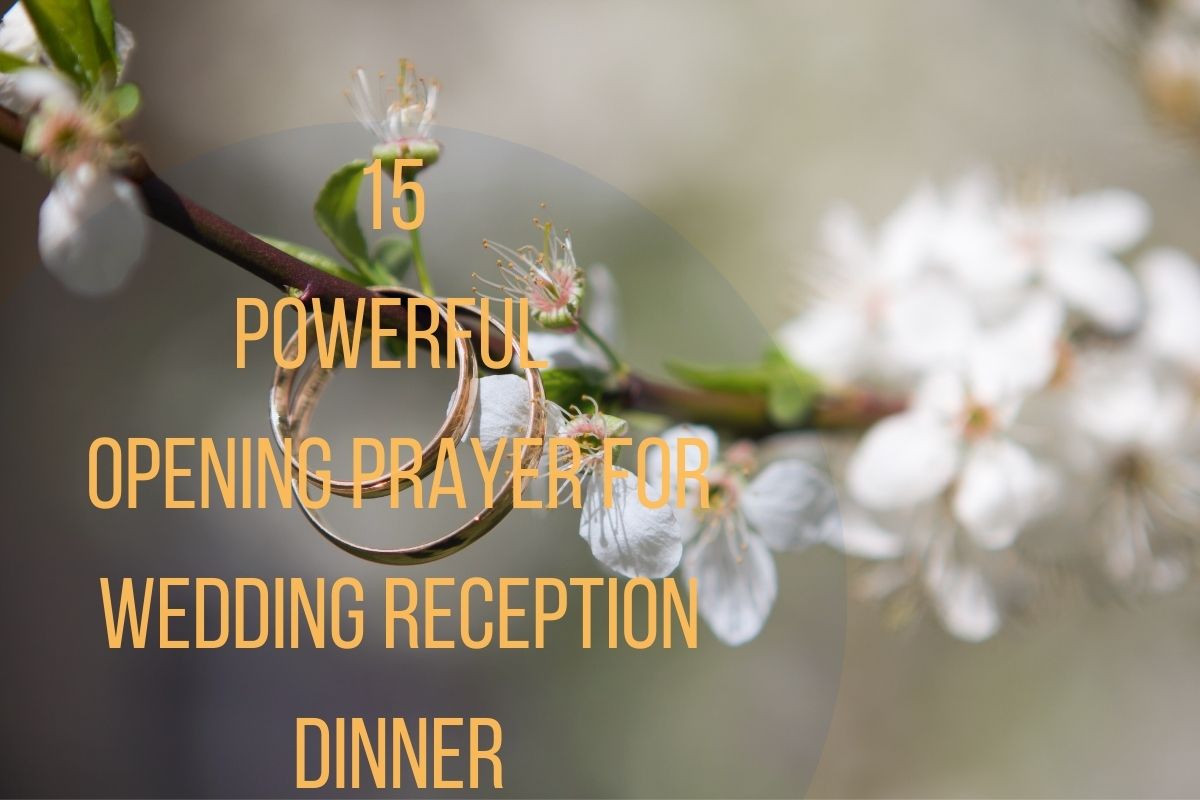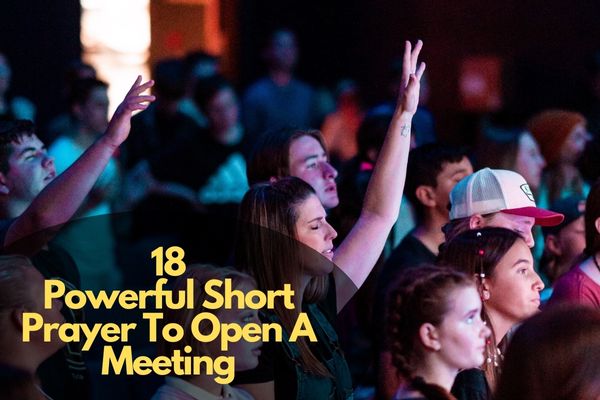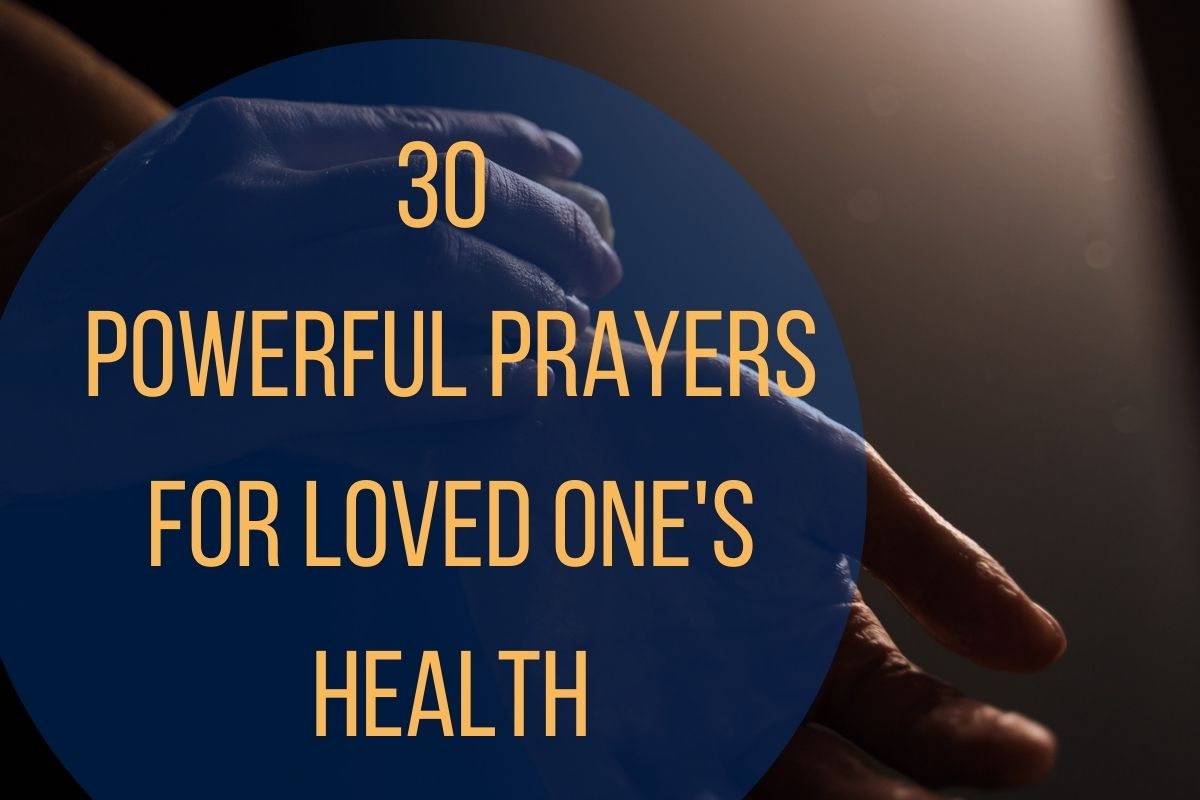In the legislative branch of the US government, the practice of prayer has a significant and long-standing history. Congress is the country’s top legislative body, and one of its long-standing traditions is to begin each session with prayer. This article aims to explore the current state of prayer in Congress, including information on the long-standing tradition’s historical roots, legal implications, contemporary developments, public opinion, and future possibilities.
Does Congress Still Open With Prayer?
The background of prayer in Congress throughout history demonstrates a custom that is ingrained in the nation’s founding and reflects the long-standing recognition of the influence of religion on the formation of American culture. Numerous spiritual leaders from different denominations and beliefs have contributed to the varied texture of prayers presented on the legislative floor, continuing a tradition that dates back centuries.
Historical Perspective
Since the founding of the country, prayer has influenced congressional processes. With their strong religious convictions, the Founding Fathers understood the value of asking God for help and favors in order to establish the government of their nation. The First Continental Congress in 1774 is where the custom of congressional prayer originated, as the delegates prayed for heavenly guidance throughout their discussions. Since then, the start of every Congress session is traditionally marked by prayer.
Numerous noteworthy occasions and occurrences pertaining to prayer in Congress have occurred over the years. The United States House of Representatives Chaplain job was established by Congress in 1955, and the Senate Chaplain position was established in 1970. These chaplains are essential in organizing the congressional prayers, providing spiritual direction, and building camaraderie among the legislators.
The Role of Prayer in Congress
In Congress, prayer has several uses. For the day’s parliamentary proceedings, it establishes a somber and contemplative tone that inspires legislators to approach their duties with humility and reverence. Invoking divine wisdom, the prayers frequently seek direction for making decisions and foster harmony among the delegates. Furthermore, prayer gives legislators a chance to connect with their own religious traditions and moral principles, which serve as a guide for their behavior.
Legal Issues and Challenges
Based on the idea of the separation of church and state, there have been legal challenges to the practice of prayer in Congress. The Establishment Clause of the First Amendment to the United States Constitution is allegedly violated by allowing prayer in a government setting. The validity of legislative prayer has been the subject of significant judicial decisions, including Engel v. Vitale in 1962 and Marsh v. Chambers in 1983. In its decisions, the Supreme Court has acknowledged prayer in legislative bodies as a long-standing custom and underlined its historical significance.
Recent Developments
There have been concerns and arguments in recent years over the frequency and structure of congressional prayers. A moment of quiet or the inclusion of prayers from many faith traditions are some of the changes that some MPs have suggested. These conversations are a reflection of how society is evolving and how we want to acknowledge the plurality of religions in our country in a more inclusive way.
Public Opinion and Controversy
Regarding prayer in Congress, public opinion differs greatly. Proponents contend that prayer is a vital component of the nation’s history and that it gives legislators a sense of moral purpose and solidarity. Critics argue that the practice may marginalize some groups because it excludes people who are not religious and people who follow minority faiths. There are still disagreements about the matter among parliamentarians, religious institutions, and the general public.
Alternatives and Criticisms
Some suggest having a silent moment or using a nonreligious invocation that is inclusive of a larger spectrum of beliefs as alternatives to prayer. The argument put up by opponents of congressional prayer is that it goes against the separation of church and state and that public institutions ought to maintain their impartiality on religious issues. They draw attention to the need for a more diverse and inclusive opening to congressional sessions and voice concerns about the exclusive nature of prayer.
International Comparisons
It can be instructive to examine how Congress’s prayer policy differs from those of other nations’ legislatures. Prayers are often said to begin meetings in certain nations, although other nations have taken a more secular stance. Gaining insight into the customs of foreign countries allows one to view legislative bodies’ use of prayer and its relationship to the separation of church and state from a wider angle.
The Future of Prayer in Congress
Given the ongoing changes in society’s attitudes and demographics, the future of prayer in Congress is dubious. Legislative prayer is still a topic of controversy and legal dispute, proving that customs can evolve. There may be requests for different customs or adjustments as the nation grows more varied and pluralistic in order to better represent the religious and nonreligious beliefs of its residents. The result will hinge on striking a careful balance between maintaining inclusivity and honoring traditions.
Conclusion
Prayer has long played a significant role in the opening of congressional sessions, reflecting the religious and moral values of the United States. While the tradition of congressional prayer remains intact, it faces ongoing debates and legal challenges. The future of prayer in Congress will likely be shaped by societal changes and the need for inclusivity. Balancing tradition and diversity will be key in determining how prayer evolves within the legislative process.
FAQs
1. Is prayer in Congress mandatory for lawmakers?
No, prayer in Congress is not mandatory for lawmakers. It is a tradition that has been followed for many years, but individual lawmakers may choose to participate or abstain based on their personal beliefs.
2. Are the prayers in Congress specific to any religion?
The prayers in Congress are generally nondenominational and inclusive, seeking to represent a diverse range of religious beliefs. However, there have been discussions about including prayers from various religious traditions to further promote inclusivity.
3. Have there been any legal challenges to prayer in Congress?
Yes, there have been legal challenges to the practice of prayer in Congress based on the separation of church and state principles. However, the Supreme Court has upheld the tradition, considering its historical significance and ceremonial nature.

